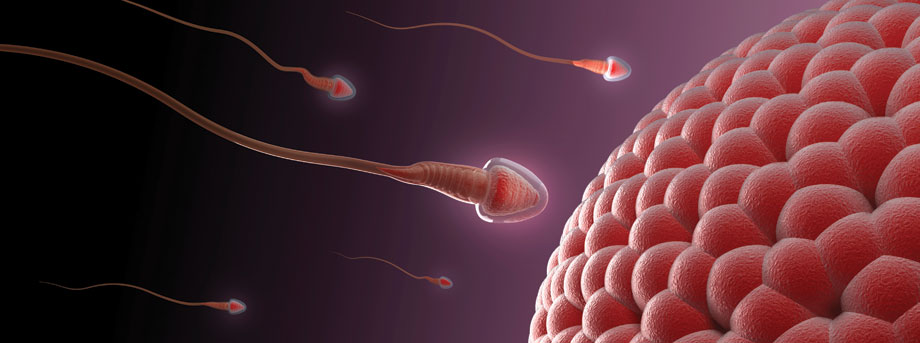Sex in three cities…
April 6th, 2011
A world expert on reproduction and the role of environmental contaminants in birth defects and declining fertility has visited the School of Veterinary Medicine and Science, at Sutton Bonington, on his inaugural Sex in Three Cities tour of the UK.
This was the second lecture given by Lou Guillette, Professor of Obstetrics and Gynaecology at the Medical University of South Carolina, and the Centers of Economic Excellence (CoEE) Endowed Chair in Marine Genomics at the Hollings Marine Laboratory, USA.
Sponsored by The Society for Reproduction and Fertility Prof Guillette’s lecture, entitled ‘Penises, ovaries and environmental contaminants’ examined the role of environmental contaminants as inducers of birth defects in children and various wildlife species. He told an audience of academics, students and the public that even the very lowest concentrations of these chemicals can have profound effects on reproduction.
Dr Richard Lea, Associate Professor of Reproductive and Developmental Biology, said “Prof Guillette’s research in the field of reproductive and developmental biology is internationally recognised and he delivered a fascinating and entertaining lecture on this critically important topic.”
Prof Guillette’s research has drawn international attention. The baby developing in the womb is particularly sensitive to environmental contaminants, with effects often not seen until later in life – exposure has been linked to breast and testicular cancer, as well as reduced fertility.
As the distinguished Professor of Biology at the University of Florida for 25 years, Prof Guillette was an award-winning teacher of biology, embryology and reproductive biology; much of his early work focused on declining fertility in alligators.
Having published almost 300 papers and edited five books, Prof Guillette’s work has featured in the international media and various other scientific, news and education outlets. He has served as a science adviser to US and foreign agencies, testified in the US Congress and for various foreign administrations regarding the impacts of environmental contamination on human and ecosystem health, and served on National Academy of Science’s panels examining endocrine disrupting contaminants and health issues in the post-Hurricane Katrina environment.
Tags: Associate Professor of Reproductive and Developmental Biology, birth defects, Centers of Economic Excellence (CoEE) Endowed Chair in Marine Genomics at the Hollings Marine Laboratory, environmental contaminants, Lou Guillette, National Academy of Science, r Richard Lea, School of Veterinary Medicine and Science, Sex in Three Cities, The Society for Reproduction and Fertility
Leave a Reply
Other News

Need news? See you on SharePoint
After 14 years of service, Campus News is being retired as the university’s staff news platform. […]

Roads and car parks closed for refurbishing work
As part of ongoing road improvements at the university, works will be taking place to resurface […]


